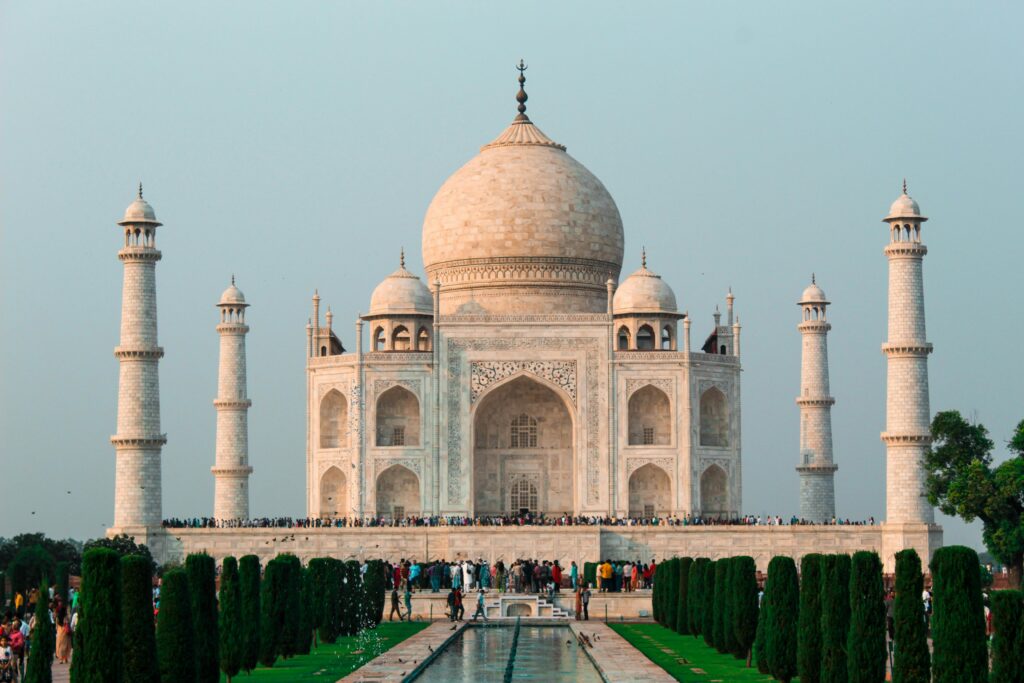World Tourism Day: A Day of Global Connectivity and Cultural Exchange:

Every year, on September 27th, World Tourism Day highlights how tourism can further internationally understand, cultural exchange, and sustainable development. It was initiated by the UNWTO in 1980 with the object of creating awareness globally of tourism’s social, cultural, political, and economic importance. With tourism recovering after the pandemic, much of the theme this year is focused on sustainability and inclusivity and the future of travel in a fast-changing world.
Scale and scope of Tourism
Tourism is one of the largest industries in the world, and it greatly contributes to the GDP globally. According to the UNWTO, international tourism recorded about US$1.7 trillion in 2019; over 1.5 billion international tourist arrivals were recorded in that year alone, growing 4% from 2018. These numbers are huge for this industry, but at the same time show how sensitive the industry will be to global disruptions.
The COVID-19 epidemic prompted an extraordinary halt to travel, which served as evidence of this. According to estimates from the World Travel and Tourism Council, the global tourism industry caused the loss of over 62 million jobs globally in 2020 and caused the GDP of the industry to decline by 49.1%. In the post-crisis period, the tourism industry had to become flexible and creative while becoming even more resilient and sustainable.
Economic Impact
Tourism, as an industry sector, acts as the bedrock for economic development in many low- and middle-income countries. In certain countries, it pays from between 10 and 40 percent of their GDP, such as those for the Maldives, Thailand, and Caribbean islands, and carries substantial contributions to local livelihoods by creating jobs. As a matter of fact, it is the economic lifeblood of a place, which facilitates infrastructural development, job creation, and foreign exchange earnings.
Before the pandemic, about 330 million jobs were directly supported by the travel and tourism sector, which translates to about one in every ten jobs worldwide. In its recovery phase, WTTC says it may generate over 126 million new jobs over the coming decade. The ripple effect is very positive in industries such as transportation, food and beverage, and accommodations; hence, tourism can be a driver for post-pandemic economic recovery.
environmental and cultural aspects
Apart from its economic purpose, tourism also contributes to the development of intercultural dialogue and understanding. The aim of tourism is to expose travelers to different customs, historical sites, and cultures found around the world. France, Italy, and Spain are some countries that receive a massive influx of tourists every year who visit them to experience their rich culture, art, and history.
Large-scale tourism can also threaten the local ecology and other cultures. Indeed, over tourism has degraded iconic sites like Venice, Machu Picchu, and the Great Wall of China, raising the need for models of sustainable tourism. Nowadays, many tourist destinations are increasingly adopting responsible models of tourism that do not compromise their natural and cultural heritage in the quest to secure long-term benefits from tourism.
Tourism in the Future
As the world opens up again to travel, the future of tourism will no doubt go high-tech, greener, and aspire to be more all-encompassing. It is a tipping point in consumer behavior as digital nomads, remote workers, and eco-friendly modes of transportation rise upward. Governments and businesses are giving significant investments to smart tourism strategies involving the use of digital tools such as VR to market destinations and big data for enhancing visitor experiences.
The UNWTO vision for the future is to build tourism that is both more resilient and more inclusive, the latter described as accessible tourism for all. This means that the benefits of tourism are shared in such a way that poor communities and whatever sectors are often marginalized get to participate fully from the economic and social advantages that tourism can give them. It goes on to make a case for a more sustainable future in which greener travel alternatives become increasingly available with more inclusive practices and a world where enrichment through travel is responsible.




